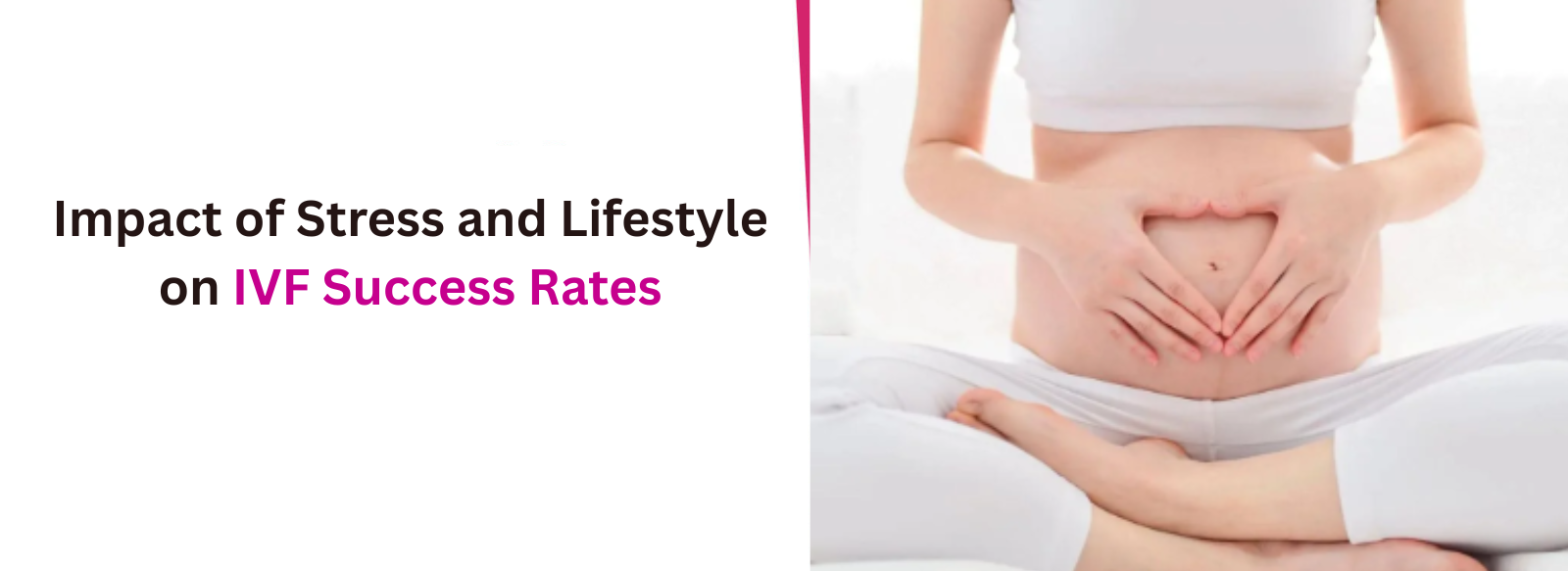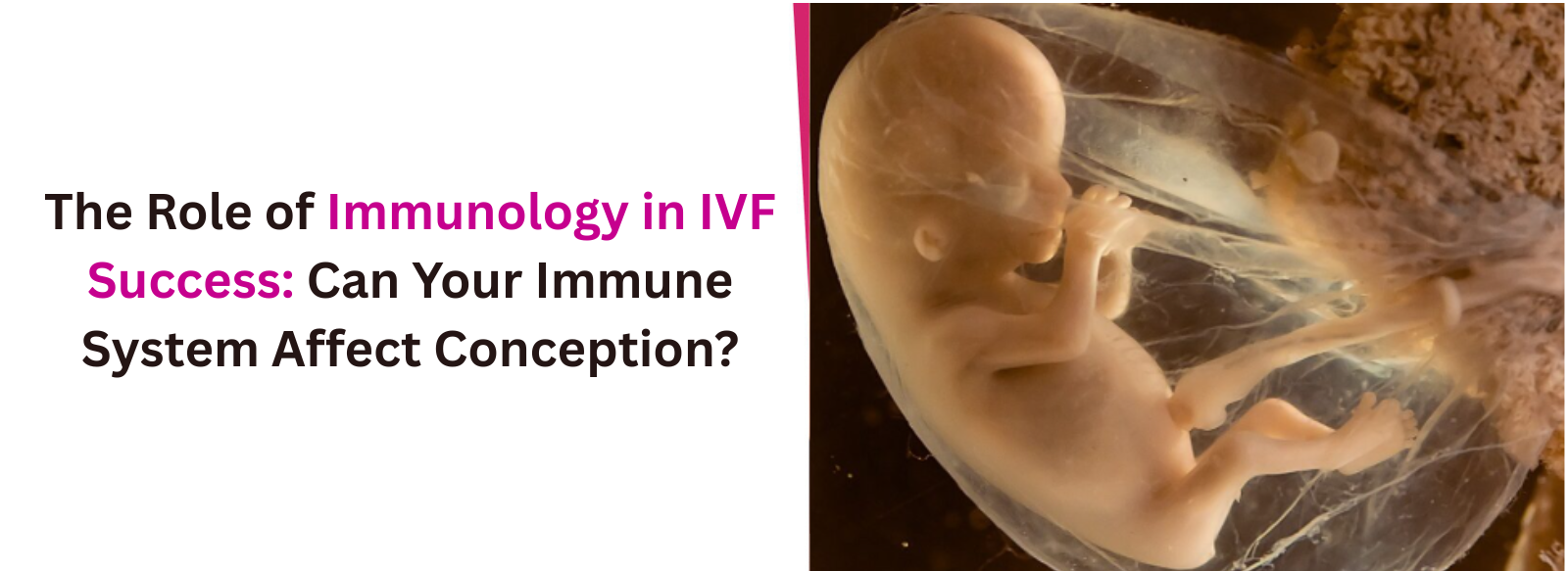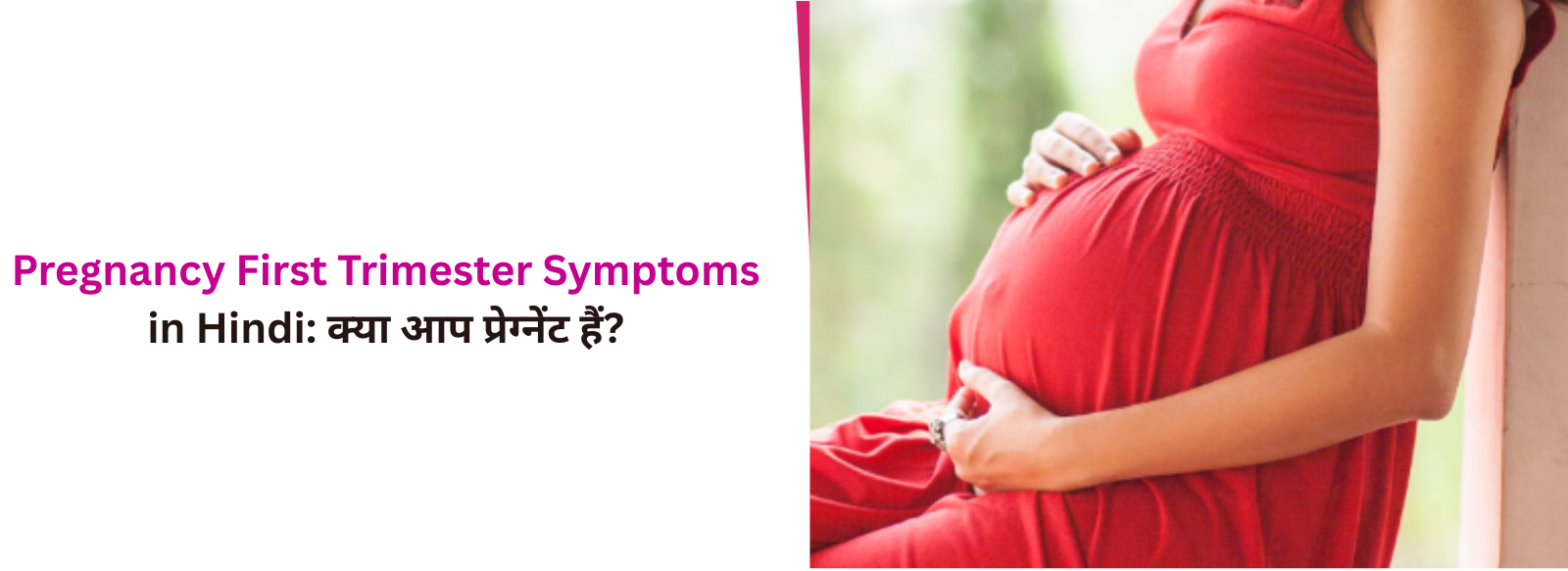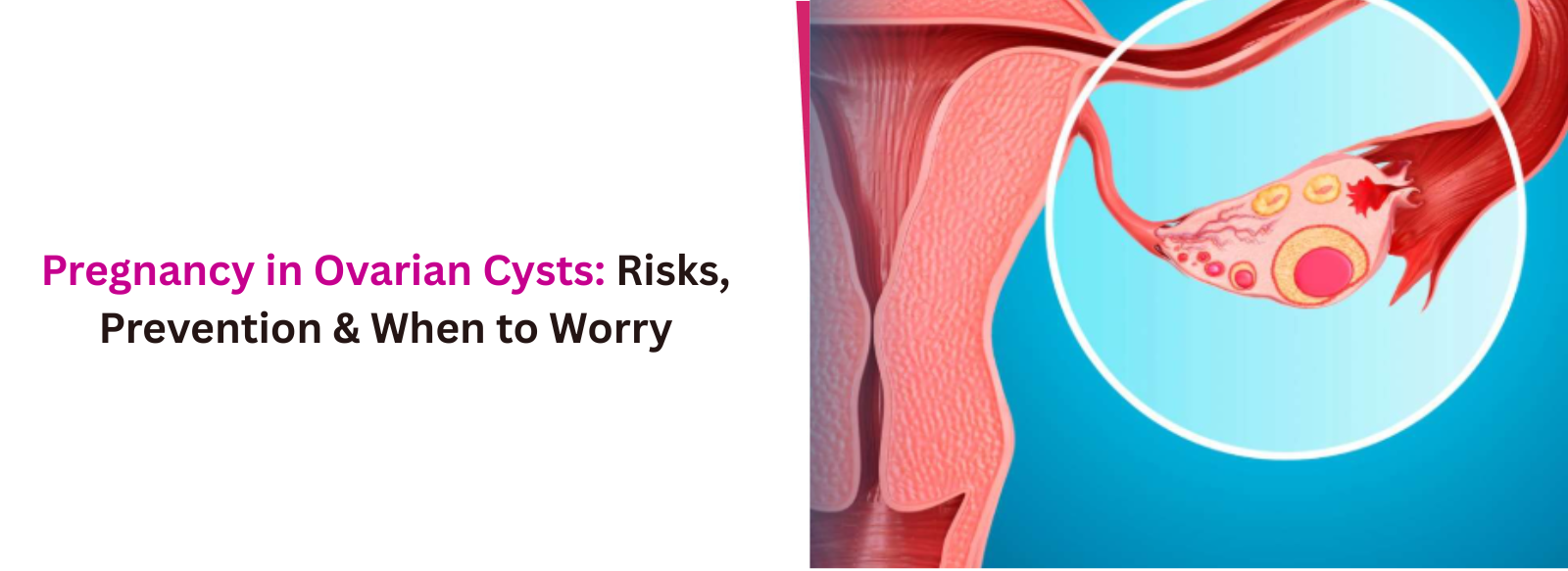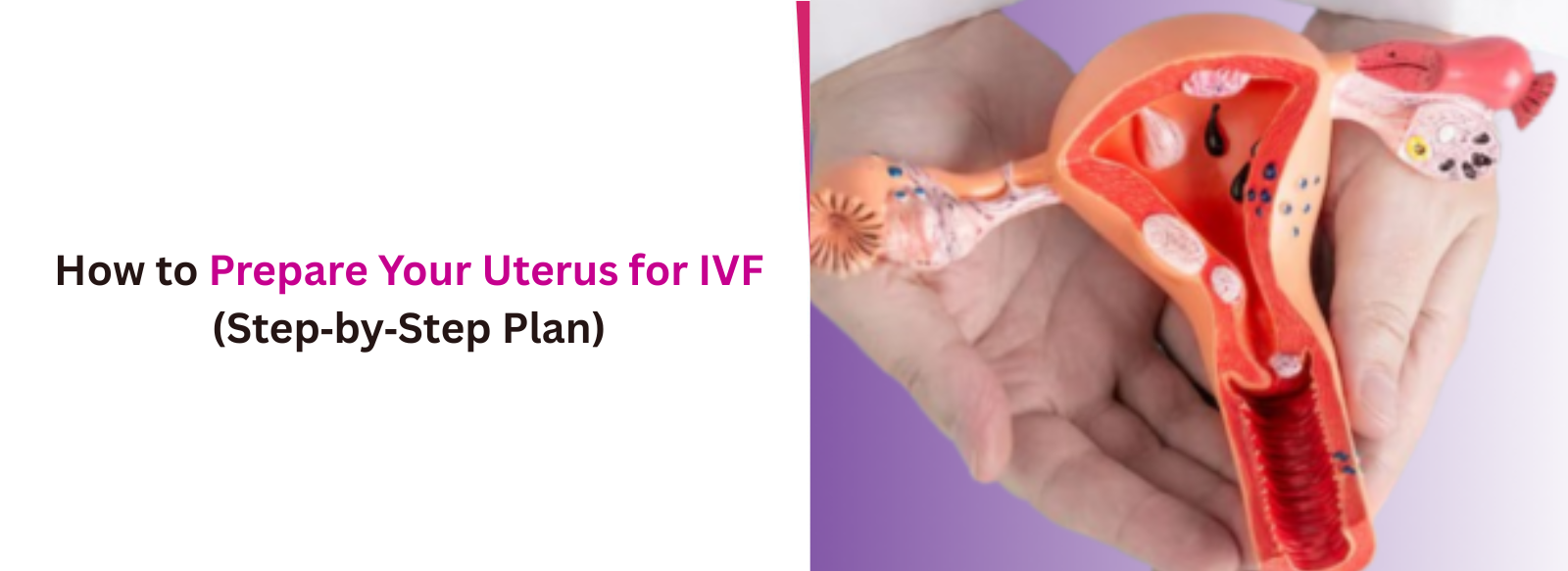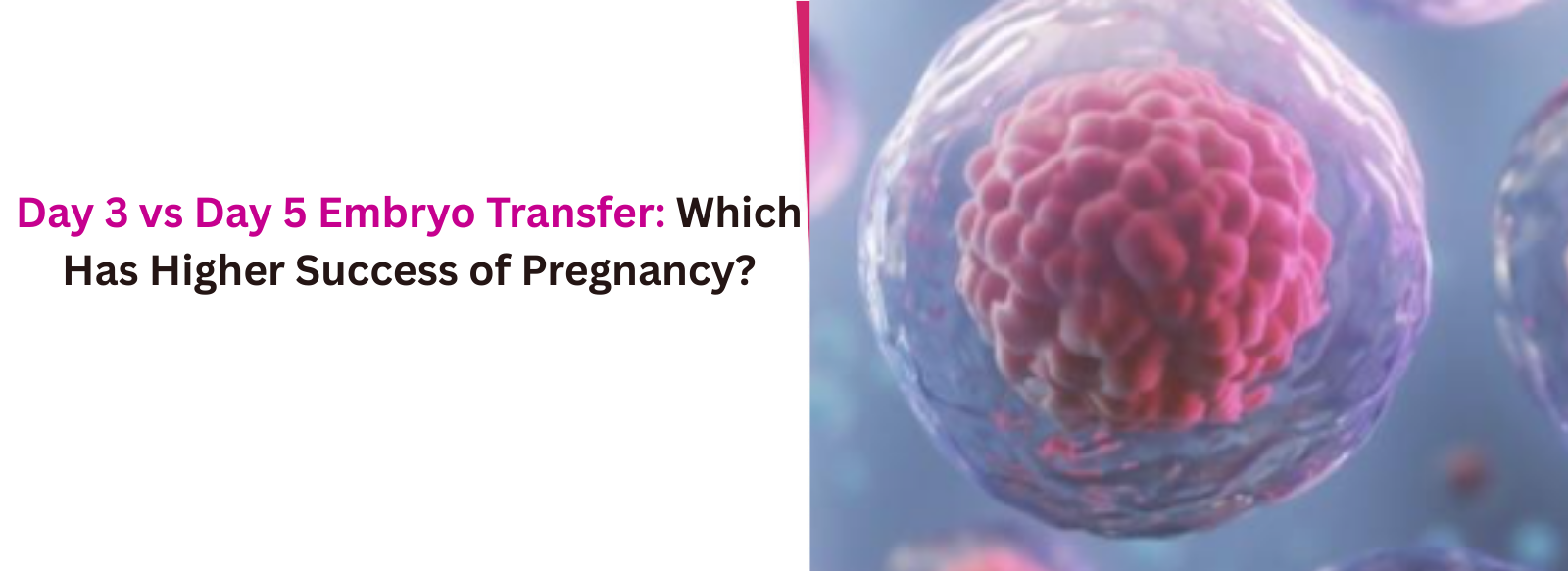Infertility is a deeply personal challenge many couples face today. As fertility science advances, In IVF treatment in Jalandhar offers hope to those who struggle to conceive naturally. Nonetheless, the success of IVF is not determined solely by medical procedures.
Everyday factors like stress levels, lifestyle habits, diet, sleep, and body weight play an important role in shaping outcomes. At Vardaan IVF Hospital we believe in empowering patients with knowledge and practical guidance. Here we explore how lifestyle and stress influence IVF success and share actionable insights you can begin today.
Why Lifestyle Matters in IVF?
When undergoing IVF, the quality of eggs and sperm, hormone balance, uterine receptivity, and the embryo’s development all matter. Research shows that beyond the clinic, your body and mind’s condition affects these variables.
Studies indicate that higher chronic or acute stress may negatively influence IVF outcomes, especially around egg-retrieval time.
Likewise, lifestyle factors such as nutrition, weight, sleep, and toxin exposure are linked with improved chances of success.
In short, fertility treatments give you an important opportunity, one that can be strengthened by thoughtful lifestyle choices.
Age: A Fundamental Factor
Age remains one of the most significant determinants of IVF success. As a woman ages, the number of available eggs and their quality decline. This leads to higher risks of chromosomal abnormalities, implantation failure, and miscarriage.
For men too, sperm quality and genetic integrity may change with age.
It is important to be realistic about how age influences treatment and to plan accordingly in consultation with our fertility specialists.
Body Weight and Healthy BMI
Maintaining an appropriate body mass index (BMI) supports reproductive health and helps improve IVF outcomes.
If a woman is significantly underweight or overweight, hormonal imbalances, ovulation disorders, or reduced egg quality can occur. Similarly, in men excessive weight can affect sperm motility and hormone levels.
The goal is to aim for a BMI in the healthy range (generally 18.5–24.9) and work on gradual, sustainable changes in diet and physical activity. A healthy weight supports better response to hormones, improved egg/sperm quality, and smoother IVF cycles.
Smoking, Alcohol and Other Substances
Certain lifestyle habits can harm fertility and reduce IVF success. Smoking is linked with lower egg quality, impaired ovarian reserve, and reduced sperm count.
Alcohol in excess can disrupt hormone balance, fertilization, and embryo development. Even caffeine in high amounts may play a role in reducing fertility in some studies.
Quitting smoking, minimizing alcohol, and moderating caffeine intake are sensible steps when preparing for IVF. These changes help create a more favorable internal environment for conception and pregnancy.
Diet and Nutrition: Building Foundations
What you eat supports your body’s reproductive capacity. A nutrient-rich diet helps egg and sperm quality, hormone regulation, and uterine health. Key dietary recommendations include:
Plenty of fresh fruits and vegetables, whole grains, lean protein, and healthy fats (such as those in nuts, seeds, and olive oil).
Foods rich in antioxidants (berries, spinach, and walnuts) to help protect reproductive cells from damage.
Minimizing processed foods, high sugar intake, and excessive saturated or trans fats.
Supportive supplementation (for example, folic acid for women, vitamin D and omega-3s for both partners) may be advised by your fertility physician.
Stress and Emotional Well-Being
Undergoing IVF can bring emotional stress, anxiety, and a sense of urgency. Research suggests that stress may affect implantation and reduce IVF success rates.
How stress influences fertility:
Raises cortisol (the stress hormone), which may interfere with reproductive hormone signaling.
May reduce blood flow to the uterus, thereby affecting embryo implantation.
Can impact sleep, diet, and physical activity, all of which in turn influence fertility.
Practical ways to support emotional well-being:Engage in mindfulness practices, meditation, or deep-breathing exercises.
Consider fertility counselling or join a support group to share experiences.
Ensure you allow time for rest, connection with loved ones, and gentle physical activity.
Talk openly with your partner and care team about emotional pressures and coping strategies.
Sleep, Exercise and Work-Life Balance
Good sleep, appropriate exercise, and a balanced lifestyle help create a body that is ready for IVF.
Aim for 7 to 8 hours of quality sleep each night. Poor sleep can disturb hormonal rhythms and affect fertility.
Exercise regularly, but avoid extreme training. Moderate activities like walking, yoga, and swimming boost circulation and reduce stress.
Strive for a manageable work-life balance. Chronic overwork or a constantly high-stress job may indirectly reduce your body's tolerance for the IVF process.
Environmental and Lifestyle Toxins
We live in a world of many exposures to chemicals, plastics, and pollutants. Some of these have been linked to reduced fertility. Recommendations:
Prefer organic produce when possible, or wash residual pesticides off fruits and vegetables.
Choose BPA-free containers. Minimize use of plastics for food storage.
Use cleaning and personal-care products with fewer endocrine-disrupting chemicals.
Avoid second-hand smoke and exposure to heavy metals or industrial pollutants when possible.
Vardaan IVF Hospital: What You and Our Care Can Do?
At Vardaan, IVF Hospital in Jalandhar, we believe in partnership. While we provide advanced fertility treatments, your active role in lifestyle optimization makes the difference. Here’s how we work together:
At your initial consultation, we assess lifestyle factors (BMI, smoking, diet, exercise, and stress).
We may recommend nutrition and fitness support, stress-management counselling, and tailored wellbeing plans.
As you prepare for your IVF cycle, the goal is to create your body’s best possible “setting” for embryo transfer and implantation.
After the cycle begins, we help monitor and support your well-being both emotionally and physically.
We keep expectations realistic, IVF is a remarkable tool, but lifestyle optimization enhances its effectiveness.
Conclusion
While IVF represents a major step forward in reproductive medicine, its success is influenced by much more than lab equipment or expert staff. By addressing age-related factors, maintaining a healthy body weight, quitting harmful substances, adopting a fertility-friendly diet, managing stress, sleeping well, staying moderately active, and avoiding environmental toxins.
You actively support your body’s readiness for IVF.
At Vardaan IVF Hospital we encourage you to view lifestyle optimization not as a burden, but as an empowering part of your fertility journey. Together we aim for safety, care, and clarity. Every individual’s path is unique. With thoughtful habits and professional guidance, you can feel confident and supported as you move forward.
If you are preparing for IVF in Jalandhar or simply considering it, speak openly with our team about your lifestyle, emotional well-being, and physical health. We are here to assist you every step of the way.

